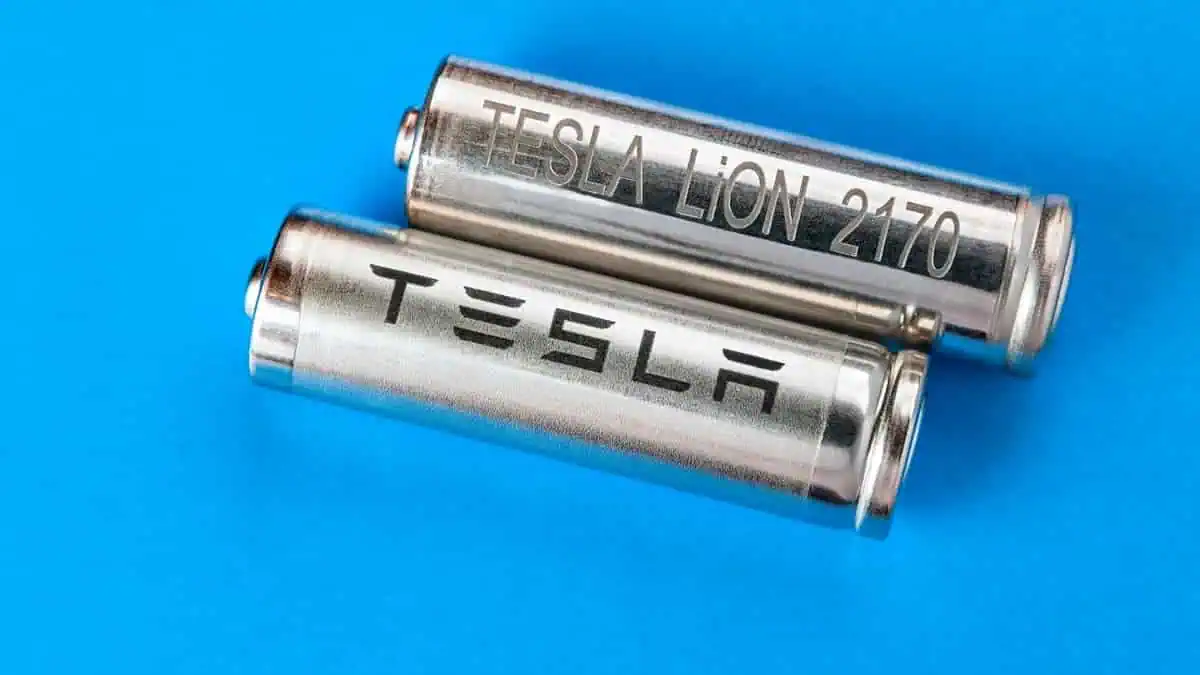Tesla reached out to South Korea’s LG Energy Solution to order $5 billion (6 trillion won) of electrodes as the American leader plans to initiate in-house battery production, Naver reports, citing industry insiders.
Tesla eyes in-house battery manufacturing
According to the report, Tesla’s $5B electrode order is enough to support the production of about 1.3 to 1.4 million electric vehicle batteries.
The move is apparently part of Tesla’s effort to shift towards in-house battery production, which will account for about 70% of its annual production volume based on 2023 figures.
“Recently, Tesla’s purchasing team ordered 6 trillion won worth of electrodes from LG. Detailed negotiations are currently underway, and the contract is expected to be signed in the second half of the year.”
An unnamed official familiar with the industry
Negotiations progress
The unnamed source claims that Tesla and LGES’ discussion is now in its final negotiation phase. The South Korean battery giant will reportedly start the electrode delivery to Tesla as early as next year.
The report also added that the agreement would extend over 6-7 years, which aligns with the Musk-led company’s product refresh cycles.
“Supply will start next year, and it is estimated to be 6~7 years’ supply, which coincides with Tesla’s facelift launch cycle.”
An unnamed official familiar with the industry
Significance of internal battery production
Tesla’s reported partnership with LGES demonstrates the electric vehicle giant’s dedication to internalizing battery cell production and remaining competitive in the market.
It apparently plans to leverage LGES’ electrodes to compete with BYD, which is currently the sole global player to be able to internalize the entire process from battery development to design and mass production.
Industry experts believe that internalizing battery cell production could further boost Tesla’s competitive advantage against the growing number of cheap China-made electric vehicles.
Power batteries account for 30% -40 % of the electric vehicle’s overall cost. Therefore, reducing battery costs would be crucial for the company to sustain its price competitiveness.






